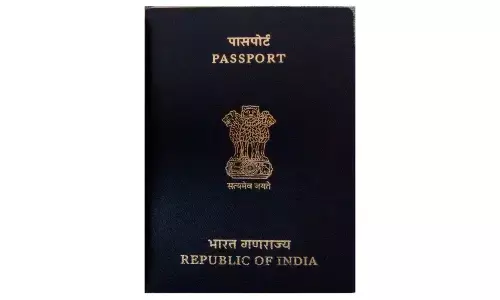How to scuba dive safely

Scuba diving expert Chris Mitchell, editor of Divehappy.com, shares his top tips for divers. Find out what to do before, during and after your dive….
Before You Go Scuba Diving
Make sure you are certified to dive
Some dive operators require you to have proof of dive certification and/or specialty competency depending on the type of dive. Always gain your dive certification from a licensed dive operator before you travel or before you start diving on your trip.
Some operators offer introductory dive courses (like a taste tester), however, these are not a green light for you to dive whenever and wherever you want. If you do dive uncertified or if you are uncertified and dive without a certified diver (as required), you won't be covered by travel insurance.
Make sure you're fit to dive
If you've never been diving before, you should have a medical examination in your home country to ensure you're fit to dive. If you're generally fit and healthy, there should be no problem. You will be required to sign a medical statement before learning to dive.
If you're already certified to dive, avoid diving if you're not feeling one hundred percent. In particular, don't dive if you've got a head cold or a hangover. Save the party for the end of your diving trip.
Dive with a certified diving school
Research online for recommended dive schools in the area you're traveling to. It's important to know they are well-established and have well-maintained scuba equipment and boats, along with experienced staff. If English is not your first language, check if they have instructors that can speak your language fluently.
Listen to your instructor or dive guide
Once you're on the dive boat, it's important to listen to your instructor or guide, no matter how experienced you are. "Plan Your Dive, Dive Your Plan" is the number one rule of dive preparation – you need to follow your instructor's brief on where you're going, the route you will follow and what you need to watch out for.
Double check all your scuba gear
En route to the dive site, you will need to set up all your scuba gear. Take your time and double-check everything is working. If you are not sure about anything, don't be embarrassed – ask your guide or instructor.
Make sure you do your buddy check
Introduce yourself to your buddy beforehand as well, so you can get to know each other a little. It's better for you both safety wise and it can also be the start of a great friendship. Doing the buddy check of each other's scuba gear is extremely important before you get in the water to make sure neither of you has missed anything.
Have scuba diving and travel insurance
Ensure you are covered both above and below water with insurance that explicitly states scuba diving activities are included. Cover for scuba diving varies with World Nomads, so please read the policy wording to make sure you know what you are covered for.
Make sure you check that any travel insurance policy you consider covers all your scuba diving needs to ensure you are adequately covered in the event of injury or illness. And if in doubt, ask the travel insurance provider any questions before purchase.
Being covered on land is vital too, as diving often involves being in remote locations.














